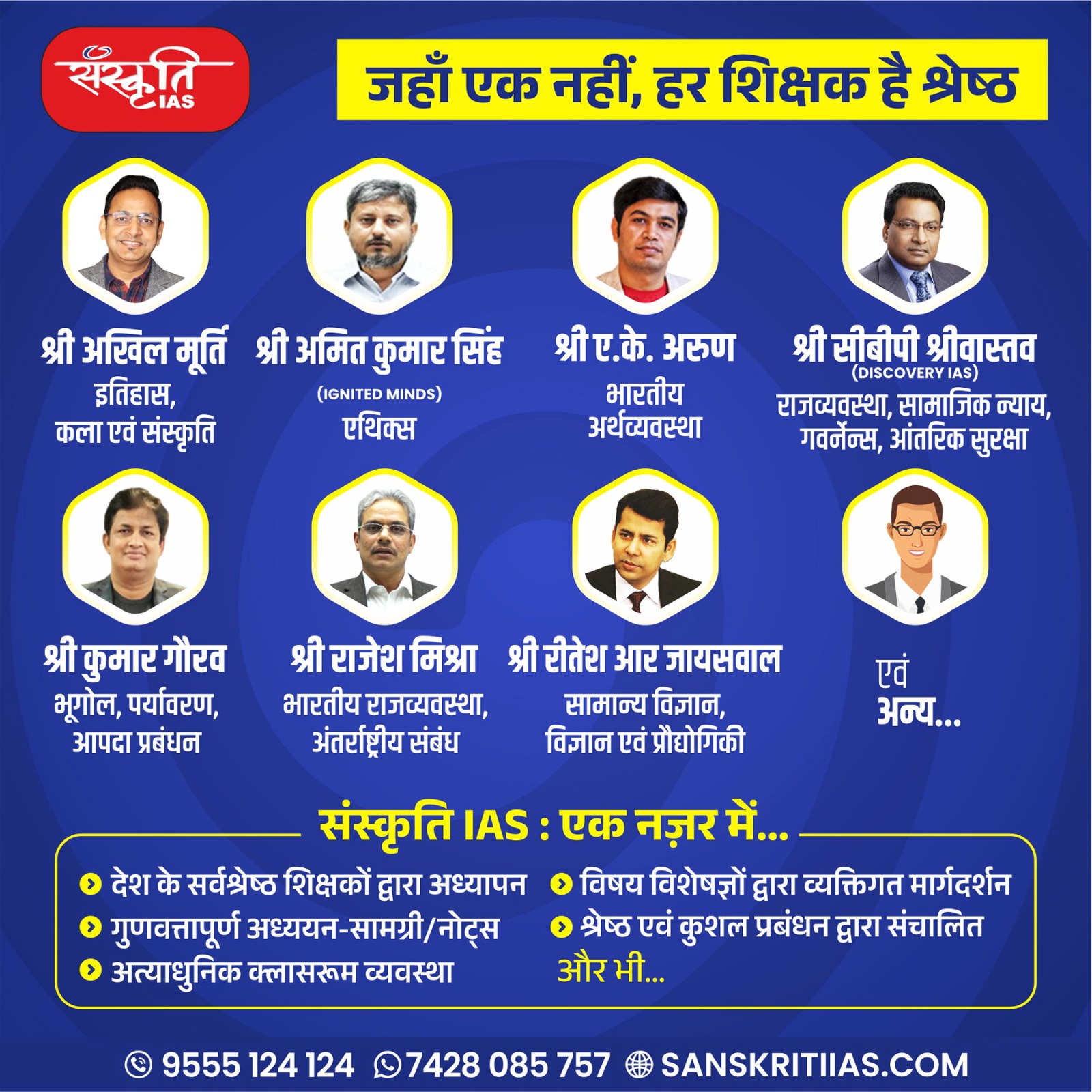In the recent political developments within the Janata Dal United (JDU), Nitish Kumar has reclaimed the leadership, leading to a significant reshaping of the party’s direction. The JDU national executive, through a political resolution, explicitly acknowledged Nitish Kumar as the “architect” of the India combine, emphasising his role in shaping the party’s strategy and alliances.
The term “INDIA combine” likely refers to a coalition or political alliance that Nitish Kumar envisions leading. This is a subtle but clear indication of his ambitions to play a pivotal role on the national stage, suggesting a broader vision that extends beyond regional politics.
The resolution further underscores Nitish Kumar’s leadership abilities, positioning him as a key figure in navigating the party’s course. By urging “bigger parties,” with a specific reference to the Congress, to show “a big heart,” the JDU is signaling a call for cooperation and collaboration within the political landscape. This could be interpreted as an invitation for larger parties to join hands with the JDU under Nitish Kumar’s leadership.
The intriguing aspect lies in the subtle messaging of Nitish Kumar’s aspirations to lead the opposition bloc in the upcoming battle for 2024. The mention of “bigger parties” and the plea for them to show magnanimity suggests a desire for a united front against common political opponents. This aligns with the broader trend of political realignments and the formation of alliances to present a formidable challenge in national elections.
The confusion within the JDU leadership ranks regarding Nitish Kumar’s messaging reflects the nuanced nature of political statements. Nitish Kumar seems to be balancing between asserting his leadership ambitions and maintaining strategic ambiguity. The call for unity among opposition parties, framed as a plea for a “big heart,” is a diplomatic way of positioning himself as a unifying force without explicitly declaring his intentions.
As Nitish Kumar takes the reins of the JDU and articulates this vision through the political resolution, it sets the stage for potential realignments and alliances in the lead-up to the 2024 elections. The dynamics of Indian politics often involve intricate maneuvers and strategic positioning, and Nitish Kumar’s moves within the JDU signal his readiness to play a more prominent role in shaping the national political landscape.
The excerpt from the resolution adopted at the JDU national executive sheds light on the party’s perspective on the I.N.D.I.A. alliance and its expectations from the larger coalition. The statement underscores the significance of the alliance, with the JDU calling on the bigger parties within it, presumably referring to the Congress, to take on more responsibility for the success of the grand alliance. The use of the phrase “show a big heart” implies a plea for cooperation and accommodation of diverse interests within the coalition.
The resolution reflects a call for unity and collaboration, emphasizing the need to overcome minor differences for the sake of a strong and cohesive alliance. It suggests that leadership roles should be assigned based on experience and capability, advocating for a fair distribution of responsibilities.
Nitish Kumar is hailed in the resolution as “the hope of the backwards, extremely backwards, deprived sections, minorities, and crores of unemployed youths.” This is a clear positioning of Nitish Kumar as a leader representing a broad spectrum of societal groups, highlighting his appeal to various demographics. The resolution also takes a swipe at the BJP, stating that the party is “rattled” by the INDIA bloc’s leadership under Nitish Kumar.
In a closed-door session of the national executive, Nitish Kumar reportedly expressed his discontent over the affairs of the INDIA bloc. He specifically pointed out the Congress, mildly criticizing them for not giving him sufficient credit for a caste-based survey he successfully conducted in Bihar. Additionally, he seemed to attribute the delay in finalizing the seat-sharing arrangement to the Congress. This behind-the-scenes frustration and venting of annoyance suggest underlying tensions and differences within the alliance, particularly between the JDU and the Congress.
Nitish Kumar’s grievances regarding the recognition of his efforts and the seat-sharing dynamics highlight the intricacies and challenges of coalition politics. It also indicates that while public statements may convey a united front, internal discussions reveal the complexities and negotiations taking place within the alliance.
Overall, the resolution and Nitish Kumar’s closed-door comments offer insights into the dynamics of the I.N.D.I.A. alliance, the expectations placed on larger parties, and the internal challenges faced by leaders in navigating coalition politics. The upcoming elections will likely see further maneuvering and negotiations within the alliance as parties strive to present a united and formidable front.
Nitish Kumar &Janata Dal United
The recent statements and developments within the Janata Dal United (JDU), particularly those involving Nitish Kumar and the I.N.D.I.A. alliance, provide a glimpse into the internal dynamics and strategic considerations of the political landscape in India.
In expressing his discontent, Nitish Kumar pointed out that the work done by the JDU nationally is not adequately recognized or discussed. He specifically mentioned the Congress, highlighting that while the Congress used to discuss the work done by the JDU earlier, it no longer does so. This observation reveals a perceived lack of acknowledgment for the JDU’s contributions on the national stage, signaling a desire for greater recognition and visibility.
One specific instance cited by Nitish Kumar was the proposal to undertake a caste-based census nationally, modeled on the successful initiative in Bihar. The decision to include this proposal was reportedly made during the Mumbai INDIA meeting. However, it was later dropped from the resolution, allegedly due to opposition from some parties. This incident highlights the complexities and disagreements within the alliance, as different parties navigate their individual priorities and interests.
The issue of Nitish Kumar not being named the convener or the prime ministerial face of INDIA also surfaced, with some JDU leaders expressing their annoyance. The assertion by JDU general secretary K.C. Tyagi that Nitish Kumar is both the convenor and the prime ministerial face of the INDIA bloc aims to clarify and reaffirm Nitish Kumar’s leadership role within the alliance. This statement reflects a concerted effort to project Nitish Kumar as a central and indispensable figure in the coalition.
The frustration expressed by Nitish Kumar and some JDU leaders underscores the challenges of coalition politics, where balancing individual aspirations and the collective agenda becomes intricate. The decision-making process, as evidenced by the dropping of the caste-based census proposal, is subject to negotiations and compromises among the alliance partners.
The strategic considerations behind Nitish Kumar’s remarks and the efforts to assert his leadership within the alliance are linked to the larger political context in India. With the approaching national elections, political parties are jockeying for favorable positions and alliances to present a cohesive and formidable front. Nitish Kumar, through his statements, is positioning himself as a leader with a national vision and a track record of governance that deserves recognition.
The lack of discussion about the work done by the JDU nationally may also reflect broader trends in Indian politics, where regional parties may feel overshadowed by the dominant narratives and focus on national players. Nitish Kumar’s desire for the JDU’s contributions to be acknowledged is indicative of the party’s aspirations to play a more prominent role in shaping the national discourse.
As the political landscape evolves, the statements and actions within the JDU offer insights into the intricacies of alliance-building, the challenges of consensus-building, and the nuanced dynamics of leadership within a coalition. The emphasis on Nitish Kumar’s role as the convenor and prime ministerial face of INDIA underscores the significance of individual leaders in shaping the narrative and trajectory of political alliances.
In conclusion, the recent developments within the JDU highlight the complexities of coalition politics in India, with Nitish Kumar seeking greater recognition for the party’s contributions on the national stage. The dropped proposal for a caste-based census and the discussions around leadership roles within the INDIA alliance reveal the intricacies and challenges of navigating diverse interests and priorities. As the political landscape continues to evolve, the role of regional players like the JDU and their aspirations for national prominence will be crucial factors in shaping the dynamics of the upcoming national elections.
In a recent interview, JD(U) leader Shrawan Kumar clarified that Nitish Kumar harbors no aspirations for the Prime Ministership. Instead, Nitish Kumar’s primary focus is strengthening the I.N.D.I.A alliance, aiming to forge a robust coalition and work towards liberating India from the dominance of the BJP in the 2024 elections. This emphasizes Nitish Kumar’s strategic and collaborative approach, prioritizing collective strength over individual ambitions in the pursuit of a reshaped political landscape.























